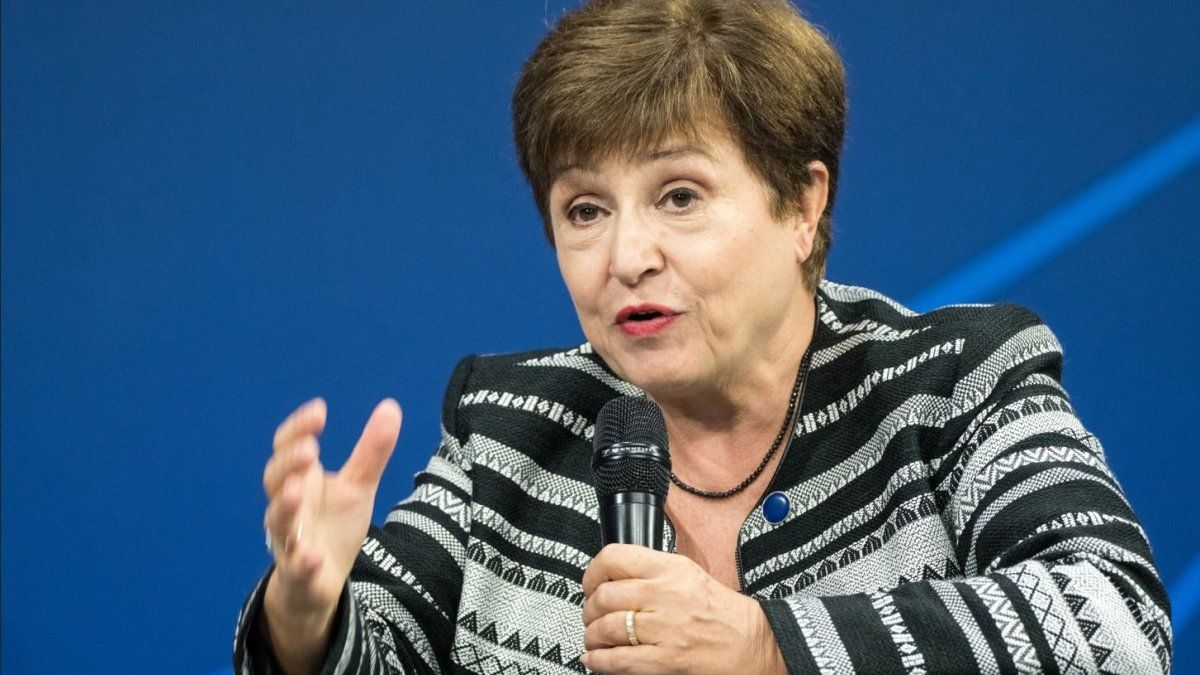Sebastián Edwards and Rudiger Dornbusch, two economists who hit the nail on the head about a definition of so-called economic populism. It is an approach that does not see limitations to economic growth – neither in inflation nor indebtedness. For The Economist, “Latin American populists” issue money to pay for large public expenses “and it ended badly” but it is still “alive”. As an example, he points to Venezuela, “Turkey seems determined to embrace a version and in Argentina, it never got to eliminate it completely.”
But in other countries, unexpectedly, there is also “economic populism,” the article notes. One sign is “discretionary fiscal policy” as evidenced by Joe Biden (the $1.9 trillion package), the European Union’s recovery fund ($900 billion).
“Fiscal stimulus is back in favor because policy constraints such as budget deficits carry less weight when interest rates are low. But, over time, deficit-financed spending will begin to absorb savings.” surplus,” said The Economist.
Investment firm Marko Papic of the Clocktower Group calls the turn to stimulus the “Buenos Aires consensus,” in contrast to the Washington consensus, which advises caution.
Investment increase?
A second factor is the increase in investment to continue business. “Global production chains are likely to be shortened, in part, to avoid the bottlenecks that affected production in 2021. And bringing production plants a little closer to each company’s home country will require more capital.” , predicted the medium. “The rivalry between the United States and China is leading each country to double capacity in certain key industries, such as semiconductors. Those actions will absorb capital.”
Climate change
The transition to greener energy is essentially a capital spending issue, argue Eric Lonergan and Corinne Sawers in a forthcoming book. Any serious attempt to contain global temperature rise requires shedding the assets that sustain the carbon-based economy—oil rigs, coal-fired power plants, gasoline pumping stations—and building new infrastructure based on electric vehicles and wind power. and solar and in battery storage. You have to pour a lot of capital into creating these assets.
None of these three trends fully develops in a calendar year. The paradox of the forecasts is that 2022 can provide evidence against the thesis of scarcity of capital. If the Federal Reserve raises interest rates it will do so early in the business cycle, which would run counter to the idea of a populist policy turn. Biden’s “Build Back Better” spending bill may be left to gather dust.
Source From: Ambito
David William is a talented author who has made a name for himself in the world of writing. He is a professional author who writes on a wide range of topics, from general interest to opinion news. David is currently working as a writer at 24 hours worlds where he brings his unique perspective and in-depth research to his articles, making them both informative and engaging.




